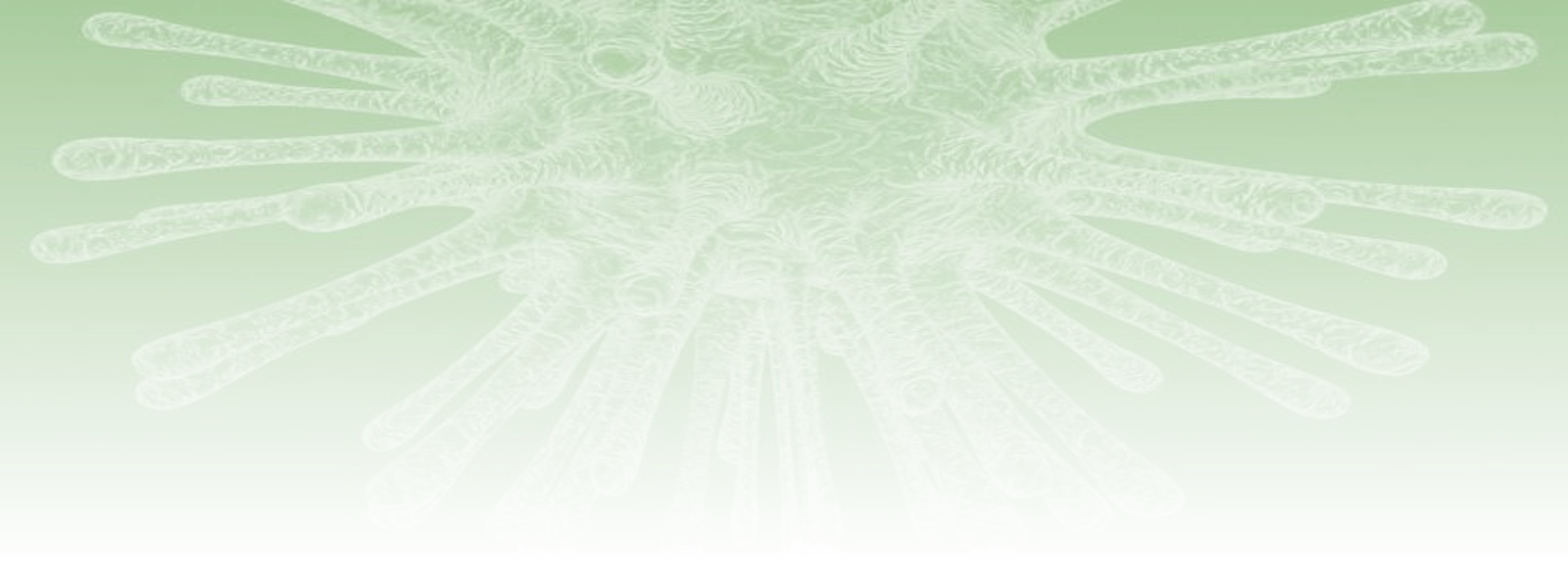
Santé Active Edition – Synergy Pharm: Medical Writing Solutions
We have been serving the pharmaceutical industry, and more generally the scientific research community, for more than 30 years.
Every member of our team is an experienced medical writer with a PhD, and all are native English or French speakers with bilingual proficiency in French and English. We design and write medical marketing documents intended for the scientific community, healthcare professionals or the general public, as well as all the regulatory and clinical documentation required at the various stages of drug development, regardless of the therapeutic area. We also provide an editorial assistance service to support you in the publication of your research: from the correction of your article to its submission, and the drafting of responses to reviewers.
We work accurately and efficiently to meet your deadlines, while our compliance with international standards (CONSORT, ICH, etc.), systematic proofreading between medical writers, and attention to detail guarantee that your documents will be of the highest quality. Our adaptability and responsiveness lead us to develop privileged and ongoing relationships with our clients.
Each project is unique, and our team at Santé Active Edition-Synergy Pharm are on hand to adapt and respond to your requirements. Do not hesitate to contact us to discuss your needs, we are looking forward to assisting you with your projects!
Our latest news
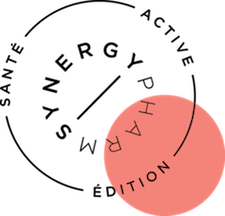
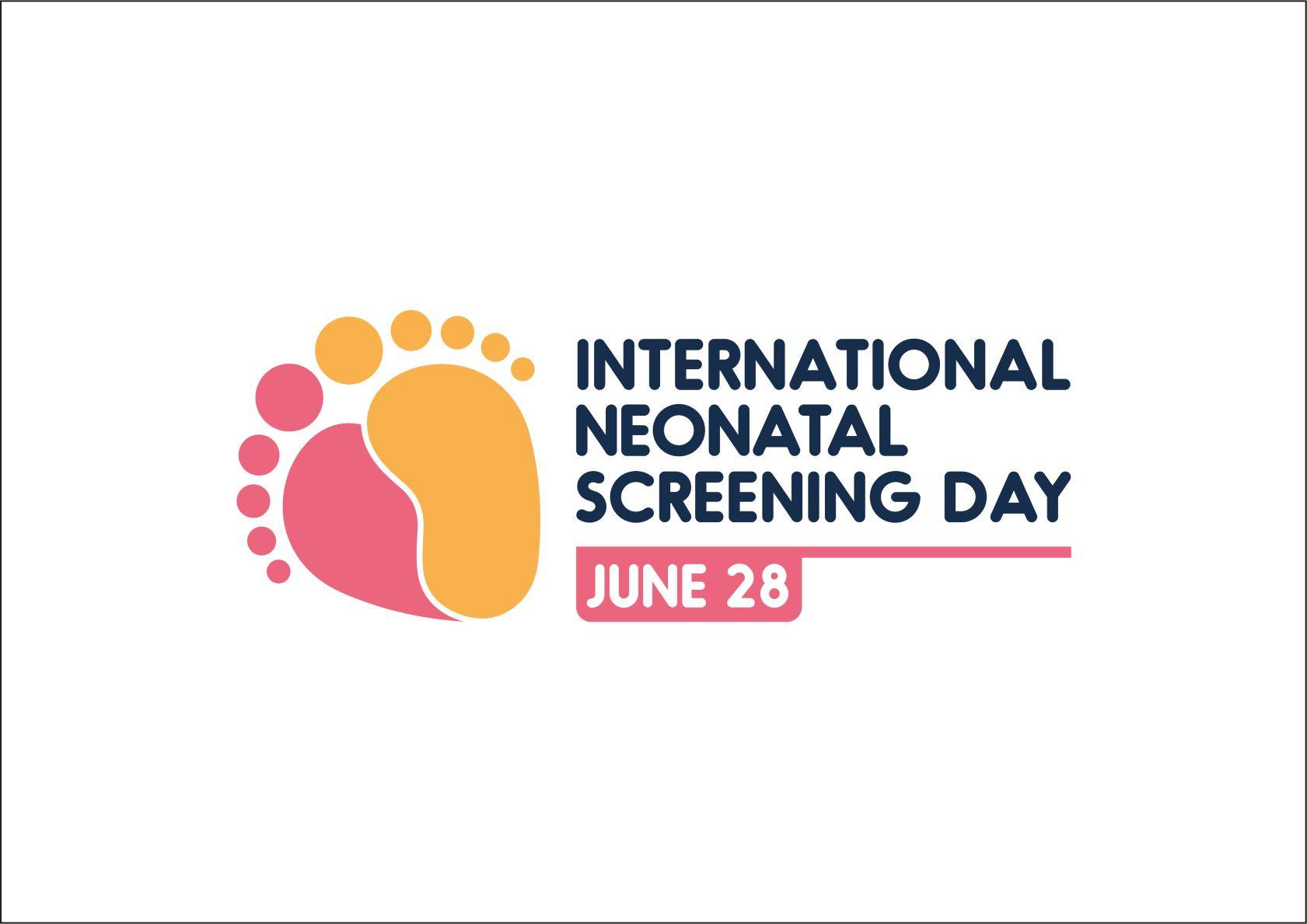
Fifth International Newborn Screening Day
This year marks the fifth anniversary of Newborn Screening (NBS) day, an event celebrated annually on June 28 to coincide with the birthday of Robert Guthrie, the American doctor who developed the first NBS test.
The International Neonatal Screening Day (INSD) campaign is organized by Screen4Rare, a multi-stakeholder platform launched by several partners, including the International Society for Neonatal Screening (ISNS), the International Patient Organisation for Primary Immunodeficiencies (IPOPI) and the European Society for Immunodeficiencies (ESID).
Read more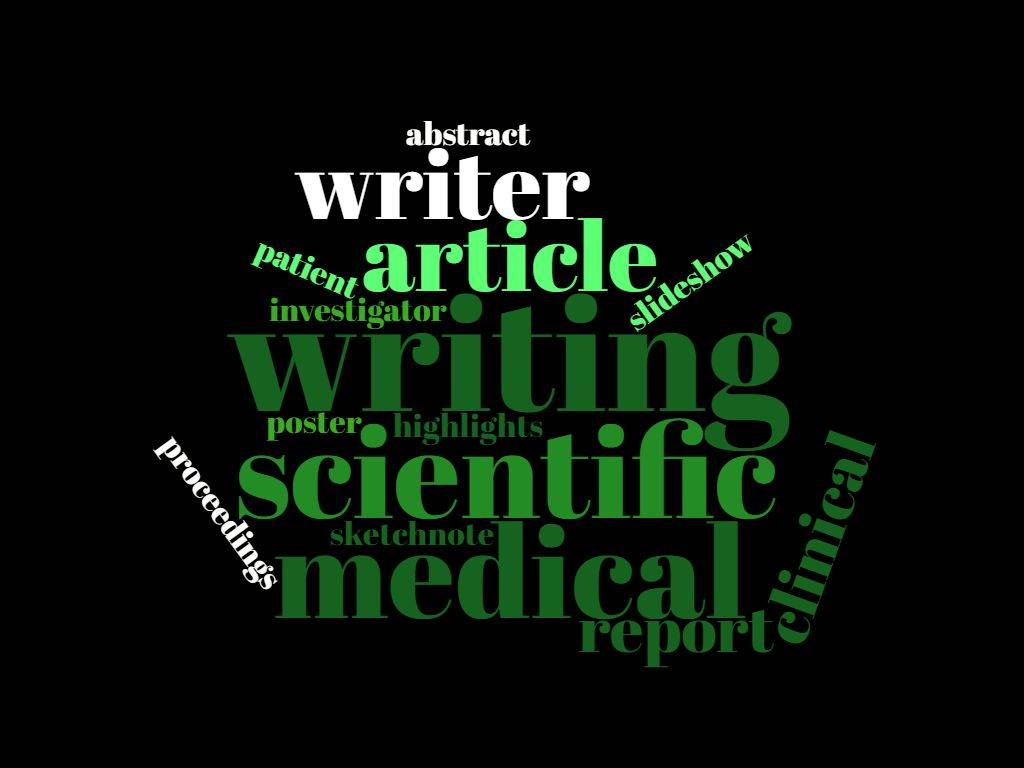
MedComms Day 2025
Today is MedComms Day, a global celebration that highlights the key role played by the Medical communication community in healthcare and medical research. Today we are celebrating the achievements of our team of MedComms professionals and their contributions to medical and scientific writing.
We assist many clients in the writing of various documents and materials, intended for several target audiences and covering diverse medical specialties.
Read more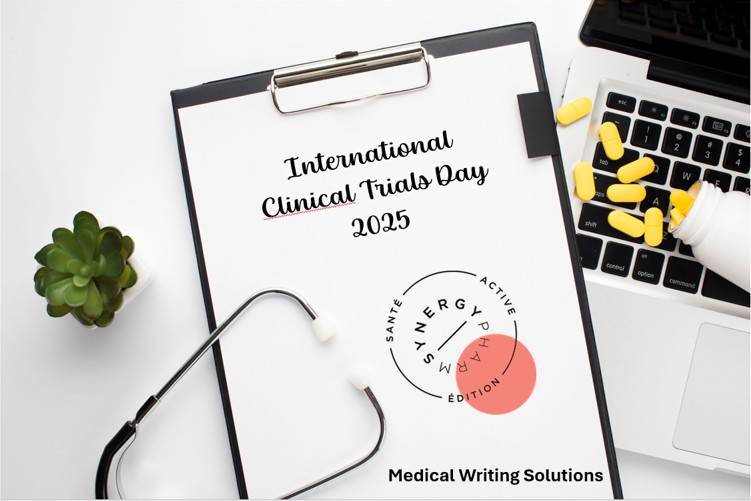
International Clinical Trials Day 2025
Medical writing −our core business activity− is a key component of clinical research. Clinical research refers to all research carried out on humans. To raise awareness of the importance of this type of research, International Clinical Trials Day is celebrated worldwide each year on the anniversary of research initiated by James Lind on May 20, 1747, a study which is now considered to be the first ever clinical trial.
Read more